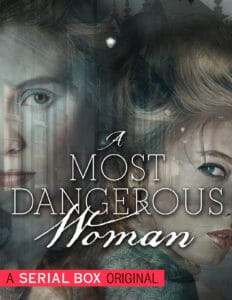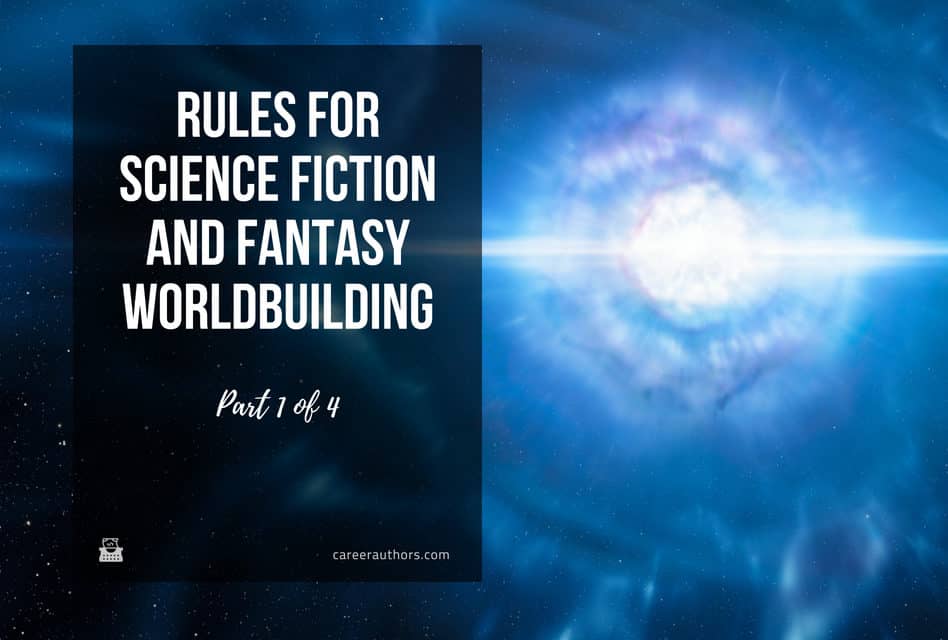It is often said of science fiction and fantasy that there are no rules. You can write whatever you want!
Oh, honey – this is so wrong. Your own experience tells you otherwise. You may not know the written genre well, but box-office numbers prove that you’ve been watching the movies and TV shows. Harry Potter, Game of Thrones, Star Wars, all the Marvel movies, Star Trek, Twilight, Hunger Games – all these are science fiction or fantasy.
Talk to any of the fans. Or just stand in line at the multiplex and listen, and see how rigid, how positively Talmudic, the worldbuilding and rules are. The bitter debates about whether the Jedi Council is a political sock puppet, the discussions about whether Hermione is really the brains behind Harry – you can grow gray listening to the minutiae. There are even entire wikis: the Wookkiepedia, or Star Wars data and facts, or the Harry Potter Wiki.
The whole point of the genre is the rules.
The rules are the sci-fi or fantasy worldbuilding that allows you (in defiance of Einsteinian physics) to travel between star systems, the sleight-of-hand technology that allows you to talk to the aliens, the straight fudging that allows Harry Potter to wave his magic wand and fling the villains back. These things are not possible. We make them possible, by pure art.
If you are writing a novel about 14th–century France then you had better learn about the medieval culture and politics of the country and period. If your hero is a politician in Argentina, you know to research deeply on how the government in Argentina is run.
If you are writing science fiction or creating a fantasy world you don’t get to research, because that intergalactic wormhole system doesn’t exist.
This is what distinguishes science fiction and fantasy, from the writer’s point of view. You have to make it. And once you do, it’s as rigid as the etiquette in the court of Henri II in Paris.
So it behooves you to make it well. And here is where the writer must part company from the fanboys standing in line for the Hunger Games movie. They are on the outside. But you? You are on the inside. Your goal is not a fat volume of interlocking rules. Your goal must be that of George Lucas or Stephen Spielberg.
The writer’s goal must be a stupendous and cool story, something that will make the reader’s mouth drop open and hook them for the rest of their lives.
The Wookkiepedia was not generated by Lucasfilm or Disney. It is purely a fan creation, driven by generations of Star Wars fans burning with a white-hot love and enthusiasm for the work. That is your goal, that level of enthusiasm.
And that’s the great paradox at the heart of the genre. You can’t get there by worldbuilding. Erecting a magic system as elaborate as the US legal code will not make it a good fantasy novel. In fact, there’s nothing more likely to make the book a cure for insomnia. You have to go the other way, the way that every other fiction writer travels.
Plot and character and all the standard stuff of great fiction are the real building blocks of science fiction and fantasy.
And, in addition to all of that, you get to create a faster-than-light system of travel that doesn’t insult the intelligence, or persuade the reader that a family of house elves lives in the cupboard under the stairs. Writing fiction is like riding a unicycle on the high wire. Writing science fiction or fantasy is like riding that unicycle up there while juggling five red rubber balls. It’s challenging, but that’s what makes it the circus.
Brenda Clough is writing a four-part series on sci-fi and fantasy worldbuilding for Career Authors this summer. See Part 2 here. Here’s Part 3.


Brenda W. Clough has been writing science fiction and fantasy for years, including Doors of Death and Life (Tor), and has been a finalist for both Hugo and Nebula awards. She blogs at Book View Cafe. Her latest venture is a Victorian thriller, a sequel to the Wilkie Collins’ classic The Woman in White. It is available, in serial form naturally, at A Most Dangerous Woman.





